
FEBRUARY 2021 (VOL.160)
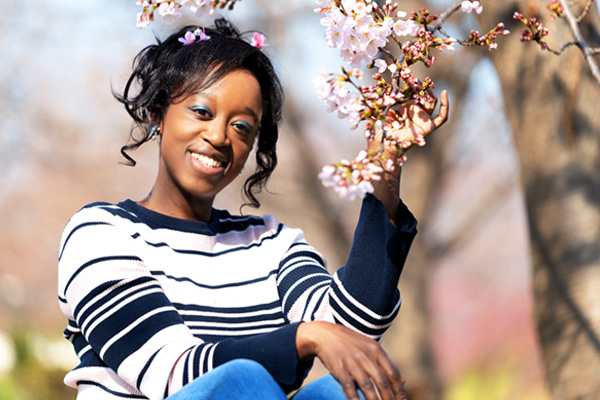
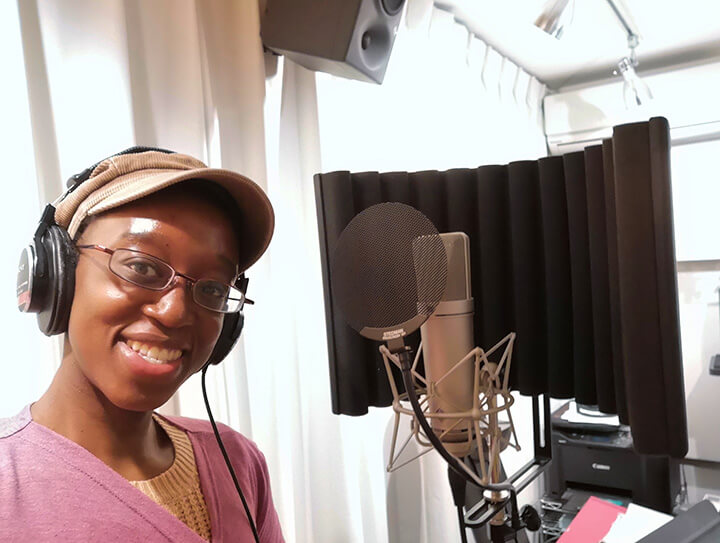
What is your occupation in Japan?
I’m a professionally trained bilingual actress & voice actress. I act in both English and in Japanese. I also sing in a choir at church, do modeling from time to time, and blog about life in Japan.
Why are you interested in Japanese animation so much?
I could write a novel. (I really should.) laughs
Simply put, the depth of storytelling and variety of genres within the realm of ‘anime’. Western stories tend to be based on Christianity (good vs evil・heaven vs hell), it’s a polarised moral basis, but anime tells stories rooted in Confucianism, Shintoism, Buddhism, Japanese social rules and creates characters through its language. It’s a dazzling, new world to explore and I love the mental and emotional growth I get from it all.
What is the distinctive difference between your home country and Japan?
In the UK, especially in a metropolitan city like London, communication is diverse, freely expressed, and organic between people, no matter our race, gender, or background. In Tokyo (perhaps the rest of Japan too), communication is created based on a mental template of Japanese people assuming what we non-Japanese “would want” to hear, which usually isn’t the case. It’s one of the major communicative cultural differences here.
What do you miss about your maternal country living in Japan?
Living with people who sound like me, speak British English, and know British cultural references. Being approached as a fellow human, rather than being analyzed first for the color of my skin. Being seen as ‘Reina’ rather than ‘foreigner’ I do miss. It’s been an ironic but pleasant reverse culture shock that I’ve had to get used to whenever I visit my hometown London in recent years.
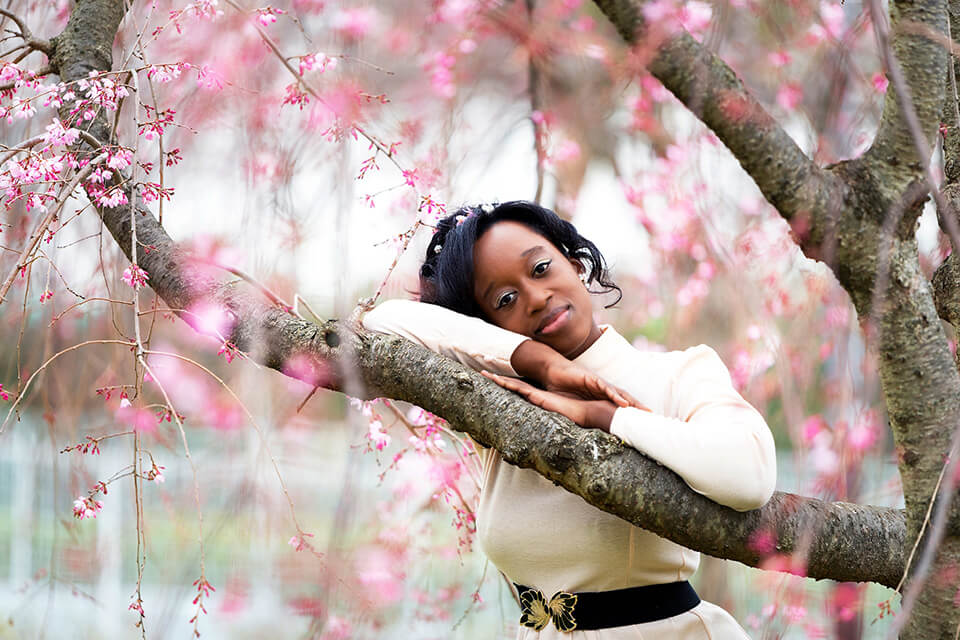
V
What do you find different about living in Japan over the term, compared to when you first arrived or came as a tourist?
As a tourist, you’re treated as the ultimate guest and will have an absolutely magical time so I highly recommend visiting Japan. As a foreign resident, you’re taking on the very restrictive legal and financial systems in place, which don’t apply or aren’t updated much for non-Japanese residents. Trying to settle down with the basic necessities (getting a bank account, smartphone, somewhere to live) is an onerous challenge.
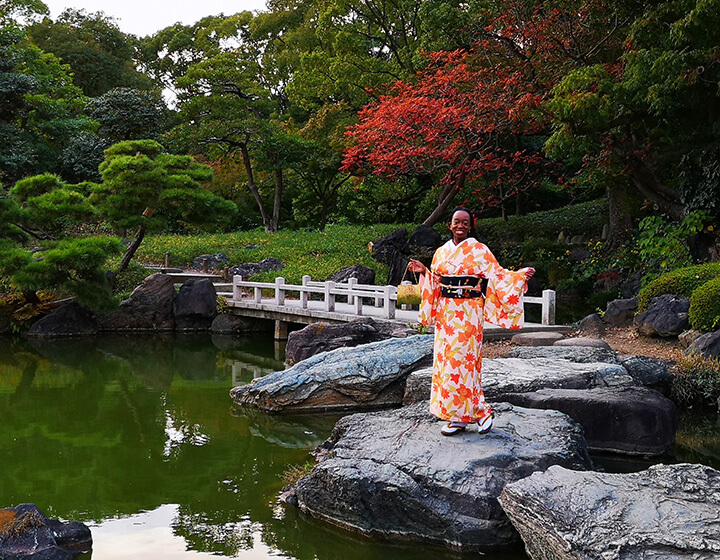
V
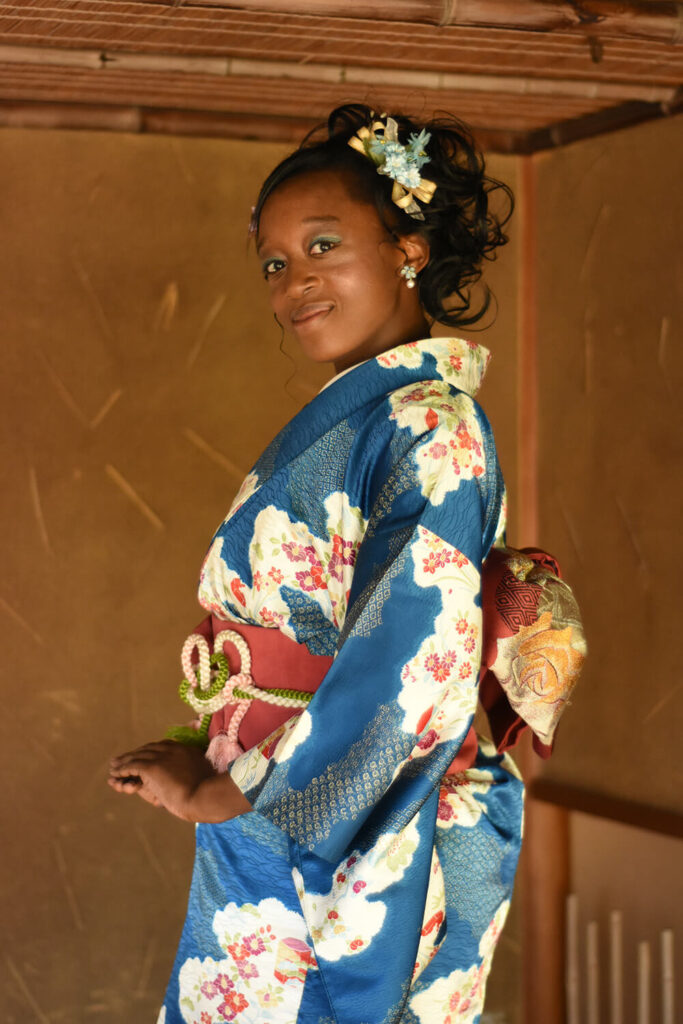
What do you appreciate most about Japanese culture?
You’ll notice it more in the rural areas, but the simplicity of appreciating life, utilizing natural materials (like straw and wood) in their homes, and being in tune with nature, I appreciate.
Which places in Japan do you recommend that foreigners see?
Definitely places that are not in Honshu, (the main island), so Kyushu, Hokkaido, and Shikoku. Visiting the main cities, world heritage sites, and enjoying cultural activities in local towns are a must!
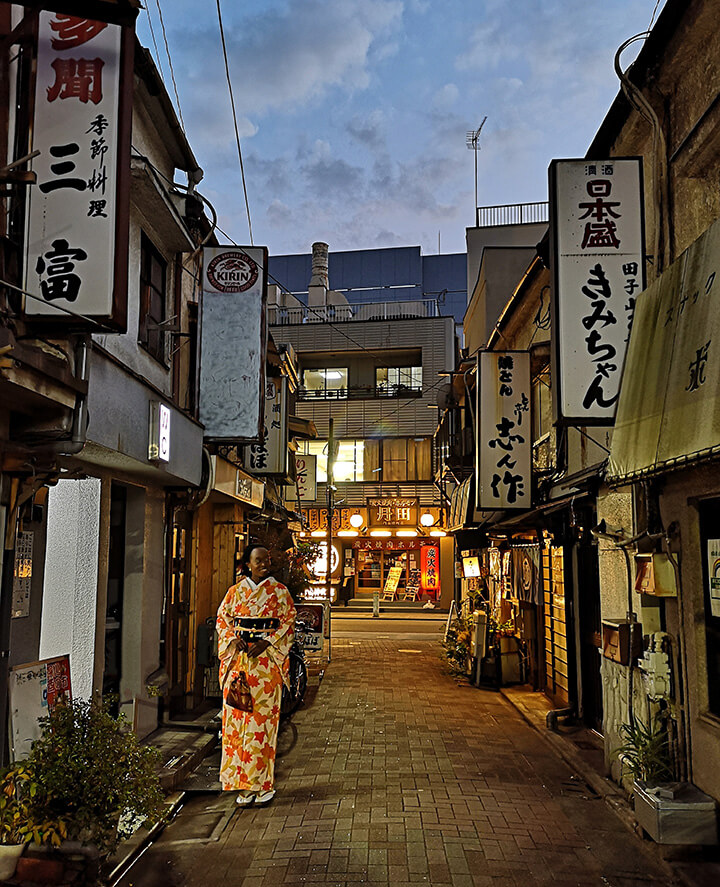
What parts of Japanese culture do you recommend that foreign people try to experience?
Events and experiences that give back to the locals directly. Attending a Maiko dinner at Gion Hatanaka in Kyoto, or a chadoki green tea ceremony in Saga, or visiting the Nibutani Ainu Culture Museum in Biratori.
Are there any aspects of the Japanese culture or its people that you find bizarre or unique?
The lack of personal boundaries (saying ‘no’) and physical/mental health balance. The variety of social extremes: Extreme praise, extreme overworking, or after school training, extreme after-work drinking.
What are your favorite Japanese foods?
Hiroshima-style Okonomiyaki and Chanko Nabe are my favorites.
Were you hesitant to relocate to Japan?
Not at all. I had a dream to fulfill here, so as soon as I could get some savings and my visa sorted, I hopped on a plane over here and started working hard to manifest it.
Would you like to continue to live in Japan for the rest of your life?
I’d like to do both. It’s not an ‘either-or deal’, which many people seem to think has to be the case. Would love to live and work in both London and Tokyo for many years to come!
V
V



